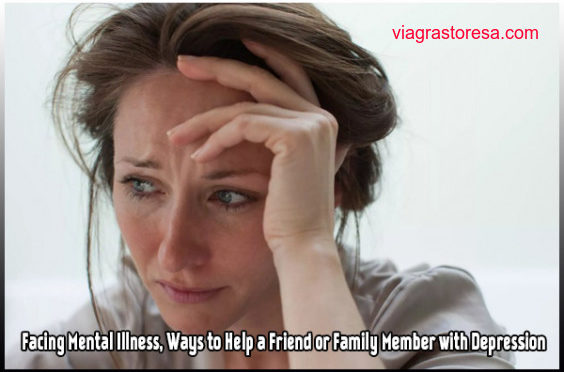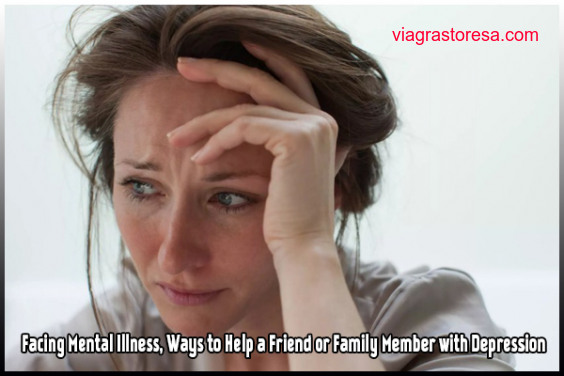Common Misunderstandings About Depression
Depression is a highly prevalent condition across the world, a mental health condition that is mainly characterized by a few key symptoms that manifest in most, but not all, patients. The predominant symptoms are somewhat self-explanatory from the name, the net underlying symptom for patients suffering from depression is a generally depressed or otherwise hampered mood. This can take many forms depending on the case and the person and their daily life, but largely this comes in the form of either phasic periods of depression offset by upswings in mood, or it can just be a general low hum of depressed mood throughout one’s day, and to some degree, life.
Symptoms of depression
The more specific symptoms of depression are very dependent on the person, but they come in a few broad categories. The first being appetite, patients dealing with depression may experience either a reduced or increased appetite, or, they may alternate between these two extremes. There are also other accompanying symptoms that go along with these depressed moods like anhedonia. This is a state in which one doesn’t really derive the same pleasure from life events and activities that they once did, furthering the depressed mood and causing something of a feedback loop that continues to bring the patient down. Other symptoms include withdrawing from social circles, increased or decreased levels of sleep and feelings of fatigue and exhaustion throughout the day, and general emotional reactivity.
The prevalence and absence of these symptoms do not mean a patient does or does not have depression, as it can truly manifest in a variety of ways depending on far too many factors to list here.
What causes depression
The underlying mechanism behind what causes depression isn’t fully understood yet, as with anything dealing with the brain and its functioning there is a ton of wiggle room and space for confusion based on the individual variance between humans. The general cause, biologically, as we understand it is related to the function of serotonin in the brain and arises when there is a relative dearth of serotonin found in the brain. This could also manifest as a reduced ability of the brain to respond to serotonin, not just a reduction in the overall levels of the neurotransmitter in the body. There is some evidence that indicates depression is accompanied by a reduction in the mass of specific areas of the brain, with that mass returning when the depression is treated and the patient reports fewer symptoms, however, a causative relationship is difficult to pin down in that case.
Depression is a mental illness
Moving away from the biology aspect, depression is chiefly a mental illness, one that inhabits the mind and is caused in large part by life events. Abuse early in life, neglect, social rejection, loss of a loved one, difficult times in one’s life, these can all be causes of depression and neither is more or less valid than each other as an inciting event. There is of course sadness that follows sad times, or the loss of a loved one, however, it is when these feelings spiral beyond grief at the loss, or a general sense of struggle and begin to infect daily life and taint one’s thoughts that depression occurs.
Treatment options
In terms of treatment, depression is dealt with in a couple of key ways, therapy, and medications. The medication primarily used to treat depression is a class of drugs called SSRIs, selective serotonin reuptake inhibitors. In layman’s terms, this means that the drugs work to increase the serotonin available in the brain without actually increasing its production, hopefully helping the brain receive appropriate signaling from the chemistry at work inside, these pills take some time to work and are definitely not without negative side effects. When dealing with neurochemistry, there is a fairly large margin of error, with side effects ranging from weight gain to weight loss, to actually worsening depression.
Seek a mental health professional
One must always be in close contact with a medical professional when starting or changing to a new medication regimen to treat depression. Therapy is the other side of this treatment, with cognitive-behavioral therapy being the most frequently utilized and common style. Essentially, the goal is to help overcome the internal monologue associated with depression and anxiety, taking the harmful self-thoughts and with the aid of the therapist, making them stop. These treatments aren’t comprehensive, and there remains a great deal to learn about this condition and how to best overcome it, but the most important note is: Depression is serious, and your feelings are valid and important if you feel that you or a loved one are suffering from depression take the time needed to help with that, mental health is as important as physical health.


